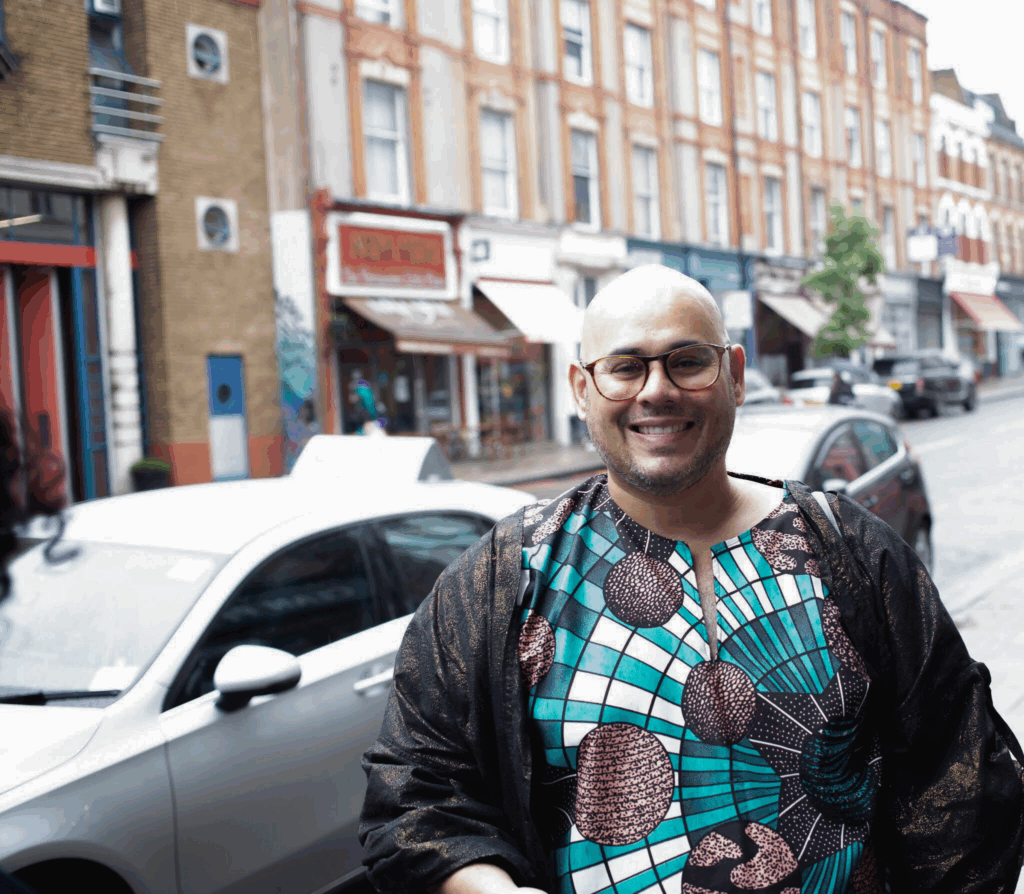29 July 2025
By Isaac Samuels, SCIE Trustee and Co-Chair, National Co-production Advisory Group (NCAG) OBE and Tasnim Rahman, Research Analyst, SCIE
Co-production Week 2025 (30 June – 4 July), hosted by the Social Care Institute for Excellence (SCIE), celebrated the vital role people with lived experience play in shaping better social care. This year’s theme, ‘Innovation through co-production’, highlighted how sharing power and creating equal partnerships can drive fresh thinking and real change. At SCIE and Think Local Act Personal (TLAP), co-production is at the heart of how we work, helping us identify, support and share good practice across the sector.
Co-production Week always gives me space to reflect—not just on what we’ve achieved but also on what still needs to be done. One of the big questions that keeps coming up in the world of co-production is around impact. People often ask, “What difference has it actually made?” and it’s a fair question.
As someone with lived experience of accessing social care, and someone who’s been involved in co-production for many years, showing impact really matters to me. It’s not just about ticking boxes or writing up reports. It’s about being able to say, “Look, this is what changed because people were involved and valued.

That’s why being part of the creation and now the update of the Co-production Impact Resource has meant so much to me. When we first launched it in April 2024, the aim was to give people a clear, usable way to understand and show the impact of co-production. It felt genuinely co-produced. Everyone involved had a voice, and we built something that was more accessible, easier to understand and, crucially, rooted in lived experience.”
Since then, we’ve gone further. In 2025, we updated the resource based on pilot tests in East Riding of Yorkshire and Buckinghamshire. We heard from staff and people drawing on care and support using the resource by asking what worked and what didn’t—and used their feedback to shape an improved version of the resource.
We didn’t just make changes behind the scenes either. We worked with people with lived experience again, keeping everyone informed throughout the process by regular updates showing how we used people’s insights and ideas to make sure the development of the resource stayed true to its purpose of guiding people through and demonstrating co-production.
– Isaac Samuels OBE.
People have told us that seeing examples of co-production in practice moves us away from abstract theories to real and practical ways of working together—and adding the examples from our pilot projects has done just that.
The pilot sites helped us improve the toolkit by drawing out insights, practical tips and case examples for other local areas to use, such as:
What’s new in the resource?
Through piloting our coproduction resource, one thing is clear—when co-production is done well, services improve, relationships grow and people feel truly heard. It’s not about perfection, but about trust and space for real collaboration—that’s where lasting change begins. These lessons have shaped how we understand co-production and how others might start their own journey.
– Tasnim Rahman.
This year’s Co-production Week showcased inspiring, co-produced projects that are helping to transform services, particularly for unpaid carers, and demonstrated the value of continued investment in co-production.
If you missed any of the events, conversations or resources, visit the SCIE website to watch workshop recordings, explore what was shared and discover how co-production continues to drive innovation in social care.